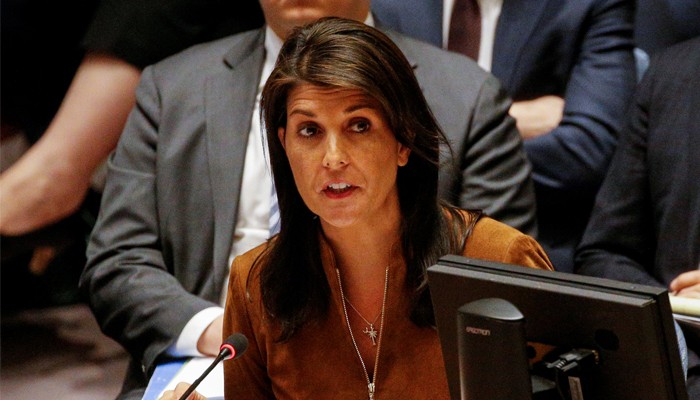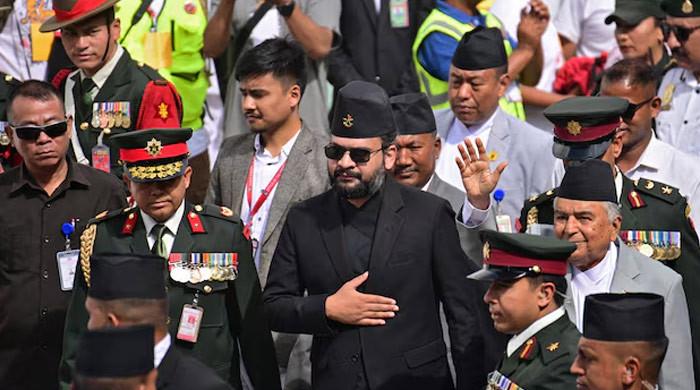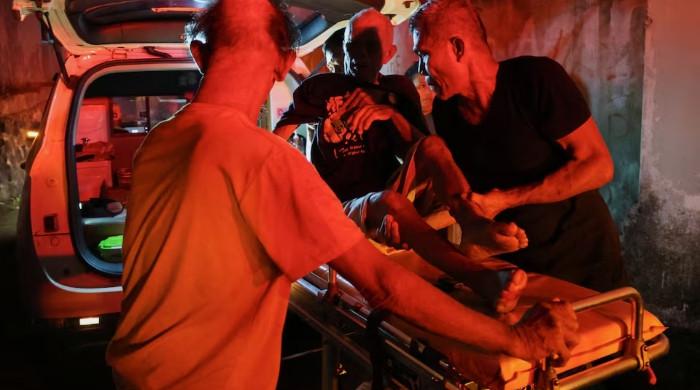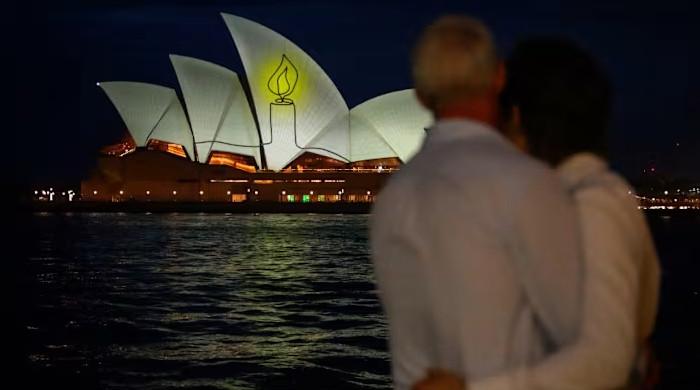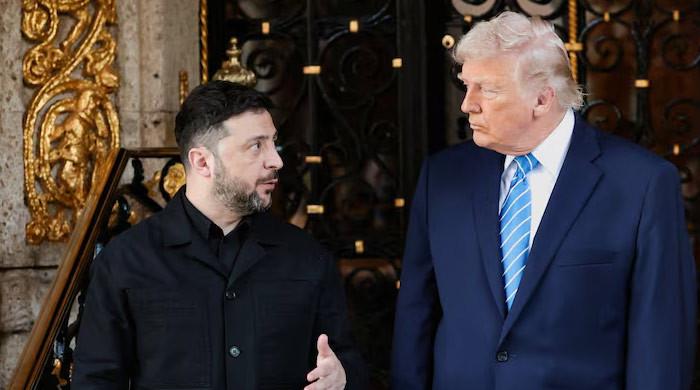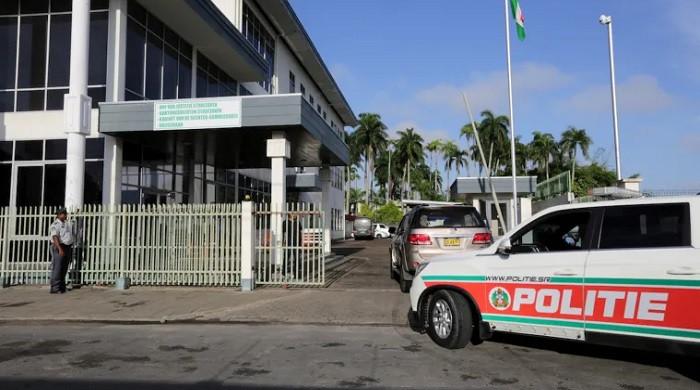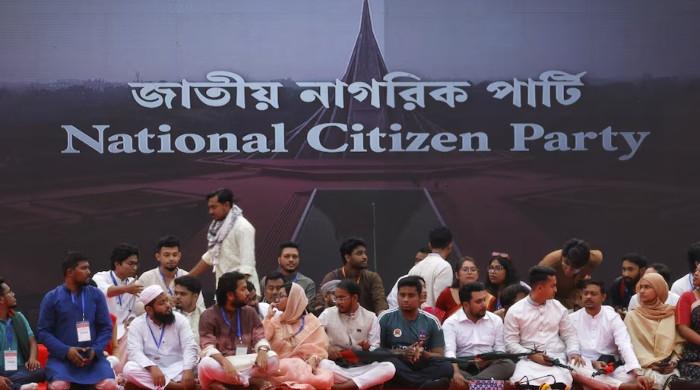Direct clash between US, Russia in Syria unlikely: analysts
Washington has promised 'forceful' response to Saturday's alleged chemical weapons attack that killed at least 40 people in Douma, Syria
April 10, 2018
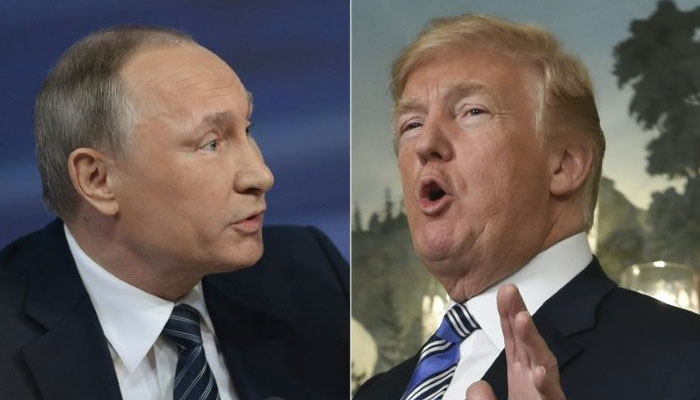
MOSCOW: With Donald Trump weighing strikes on Syria but Moscow warning of "grave repercussions" to any military action, an escalation seems increasingly likely even as analysts play down a direct clash between Russia and the US.
Washington has promised a "forceful" response to an alleged chemical weapons attack on Saturday that killed at least 40 people in Douma, the last rebel outpost in the Syrian capital.
But the Syrian regime and its backers in Moscow have denied a chemical attack took place, with Russian officials insisting the claims are a pretext to justify further intervention by the West.
The Russian ministry of defence has previously said it will fire at any US craft that strikes government areas of Damascus, where Russian officials are also based.
Boris Dolgov, an analyst at the Russian Institute of Oriental Studies, however, told AFP the US was more likely to intervene via proxies.
He suggested an attack would come from armed opposition groups supported by the US, "Kurdish fighters or non-American special services."
Alexey Malashenko, a specialist in the Syria conflict, said Washington and Moscow were more likely to remain engaged in a war of words.
"Moscow understands that a strike (against US forces) will bring about a response and it is not certain that Russia will emerge victorious from such a conflict," he told AFP.
"Russia risks losing allies such as Turkey or even Assad. There's only one thing for them to do — stay still and puff out their cheeks."
But Malashenko said those in power in Moscow could be "unpredictable."
As early as mid-March, Russian Foreign minister Sergei Lavrov said Syrian rebels were preparing "provocations" involving chemical weapons in Eastern Ghouta, where Douma is located.
'Very, very dangerous'
In April 2017, Donald Trump ordered strikes on a military base in Syria in response to a gas attack blamed on the Syrian regime that killed more than 80 civilians.
The strikes provoked no more than protest from Moscow.
This year at least five Russians working for a private security firm in Syria were killed and dozens more injured in American strikes, but again the incident did not draw a military response from Moscow.
The Russian and US armies exchange information on Syria under agreements aimed at avoiding collisions between their planes or the accidental deaths of soldiers in strikes.
The battle for influence between Washington and Moscow is currently being played out in the UN, where both powers have proposed resolutions to investigate the alleged attack.
The rival proposals put the Security Council on course for a clash that could trigger vetoes of both measures.
After US Ambassador to the UN Nikki Haley promised a response "either way", Russian Ambassador Vassily Nebenzia said he feared Washington was looking for a military option.
Such a move would be "very, very dangerous," he said.
Relations between Russia and the US have taken a nosedive in recent years over the Syria conflict as well as Moscow's annexation of Crimea, accusations of interference in the 2016 US election and most recently a spy poisoning in the UK.
President Vladimir Putin launched what appeared to be a new arms race when he unveiled a range of "invincible" new nuclear weapons at his state of the nation address in March.
Russia first intervened in Syria in 2015, turning the tables in the multi-front civil war in favour of ally President Bashar al-Assad.
